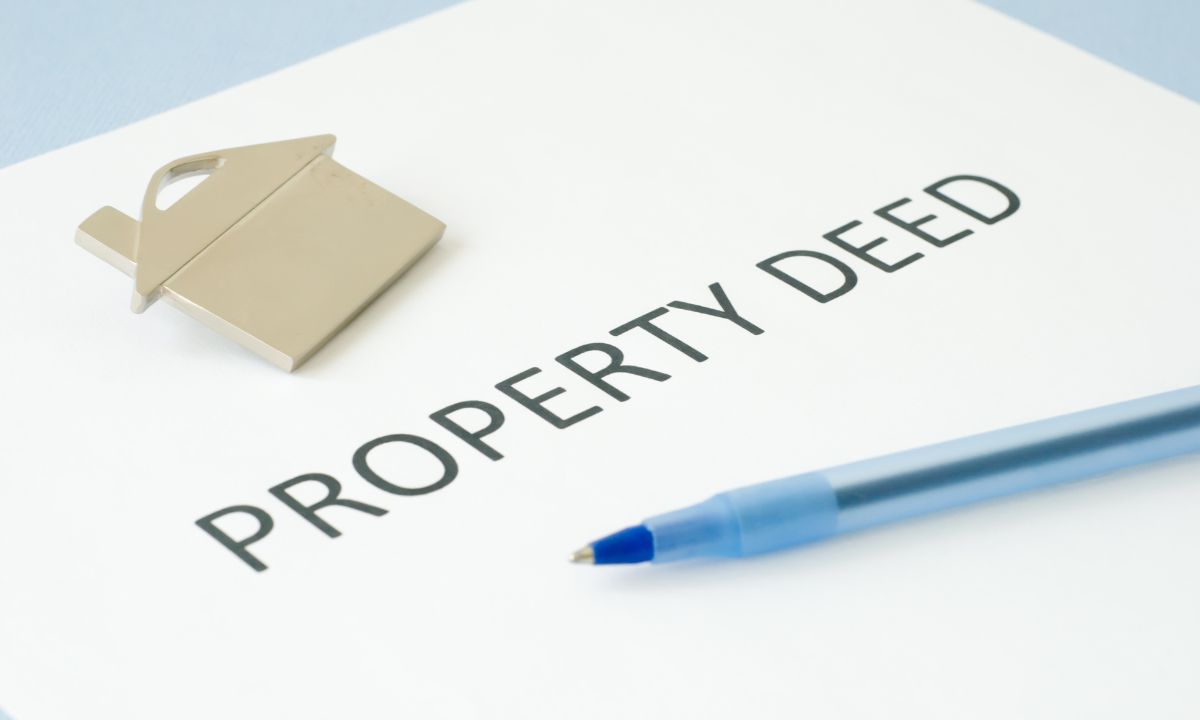 Buying or selling real estate involves a lot of paperwork, and one of the most critical documents in these transactions is the deed. A deed is a legal document that transfers ownership of property from one party to another. Understanding the different types of deeds is essential to ensure you make informed decisions in your real estate transactions.
Buying or selling real estate involves a lot of paperwork, and one of the most critical documents in these transactions is the deed. A deed is a legal document that transfers ownership of property from one party to another. Understanding the different types of deeds is essential to ensure you make informed decisions in your real estate transactions.
1. General Warranty Deed
A General Warranty Deed offers the highest level of protection for the buyer. This type of deed guarantees that the seller holds a clear title to the property and has the right to sell it. It also assures that the property is free from any liens or encumbrances, except those noted in the deed. Furthermore, the seller promises to defend the title against any future claims.
Pros:
- Provides maximum buyer protection
- Seller guarantees clear title and right to sell
Cons:
- Seller assumes significant liability
2. Special Warranty Deed
A Special Warranty Deed also offers some protection, but not as extensive as a General Warranty Deed. It guarantees that the seller has not encumbered the property during their period of ownership. However, it does not protect the buyer against any claims or issues that arose before the seller owned the property.
Pros:
- Provides some protection to the buyer
- Limits seller’s liability to their period of ownership
Cons:
- Offers less protection than a General Warranty Deed
- Buyer assumes some risk for previous claims
3. Quitclaim Deed
A Quitclaim Deed provides the least protection to the buyer. It transfers whatever interest the seller has in the property without any guarantees about the quality of the title. This type of deed is often used between family members, in divorce settlements, or to clear up title issues.
Pros:
- Simple and quick to execute
- Useful for transfers within families or to clear title issues
Cons:
- Provides no guarantees or protections for the buyer
- Buyer assumes all risks
4. Bargain and Sale Deed
A Bargain and Sale Deed implies that the seller holds title to the property, but it does not provide any warranties against liens or encumbrances. This type of deed is often used in foreclosure sales and tax sales, where the buyer is purchasing the property as-is.
Pros:
- Implies ownership by the seller
- Common in foreclosure and tax sales
Cons:
- Offers no warranties against liens or encumbrances
- Buyer assumes significant risk
5. Grant Deed
A Grant Deed provides some warranties to the buyer, similar to a Special Warranty Deed. The seller guarantees that they have not transferred the property to someone else and that the property is free from any encumbrances made during their ownership, except those disclosed in the deed.
Pros:
- Offers some level of protection to the buyer
- Seller guarantees they have the right to transfer the property
Cons:
- Less comprehensive than a General Warranty Deed
- Buyer must investigate any previous claims
Understanding the different types of deeds is crucial in any real estate transaction. While some deeds offer extensive protections, others transfer property with minimal guarantees. Always ensure you understand the type of deed you are dealing with and consult with a real estate professional or attorney if you have any doubts. Give us a call for questions about real estate transactions.

